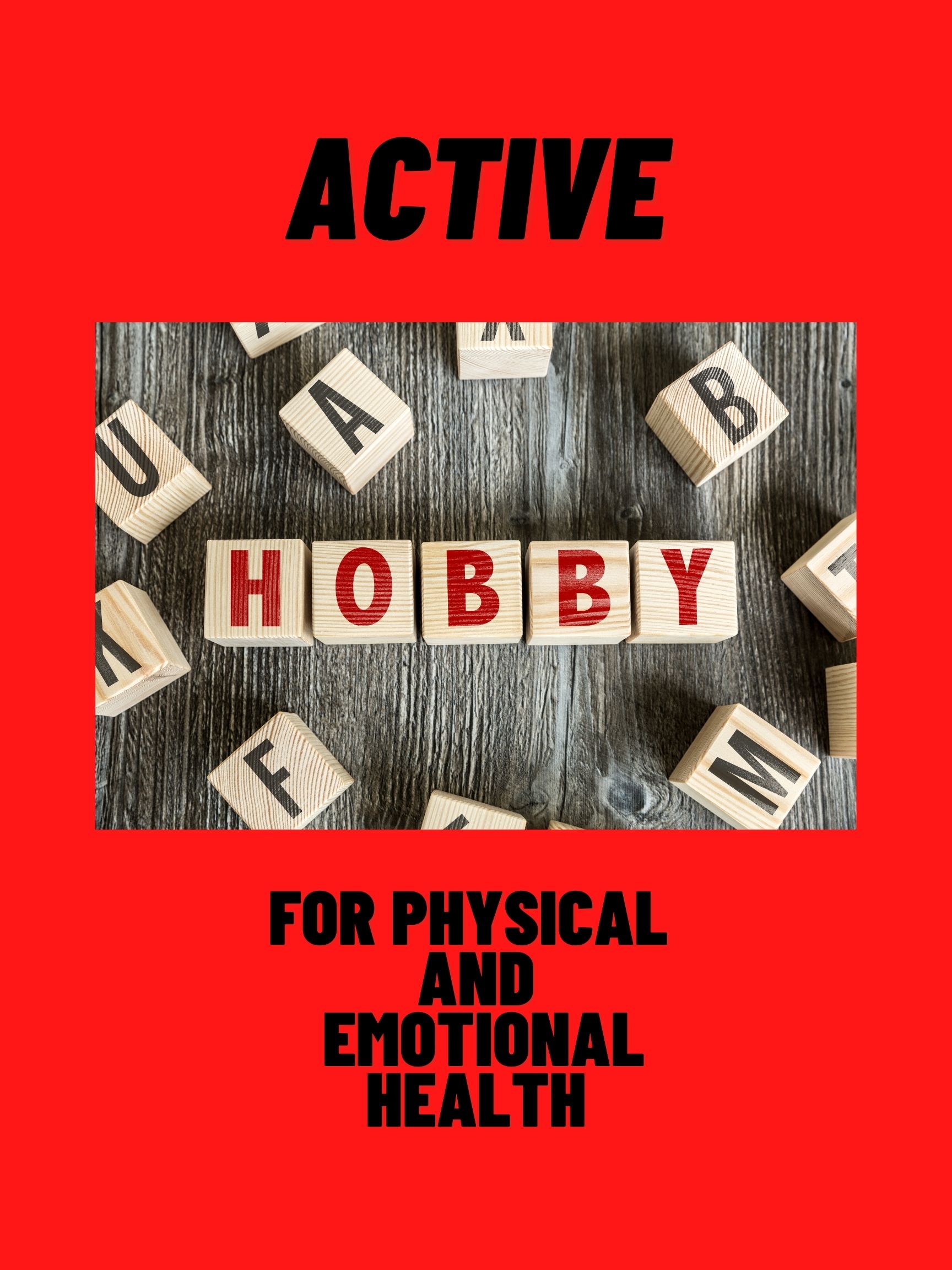Hobbies, past times, leisure activities…. all of these descriptors sound so passive and unimportant.
These enjoyable activities are far more important to our wellness than we give them credit for, and sometimes make life feel worth living.
Finding and creating joyful experiences for ourselves is crucial to a rich, full life. Active hobbies are good for our physical and mental health.
Why Active Hobbies Are Healthy
Many of us spend countless hours sitting; the average American is far more sedentary than adults of past decades, and the health consequences are dire.
Inactivity increases death rates by an alarming 71%. If we want to live longer and remain healthy, we need to get active. Choosing fun, active hobbies is a double-win for the mind and body.
Active hobbies boost levels of feel-good hormones such as endorphins and dopamine. Simply exposing yourself to sunlight boosts levels of serotonin and endorphins, according to a 2008 study.
How active do hobbies need to be for Physical and Emotional Health?
The good news is we do not need to start running marathons as a pastime (unless you want to); simply increasing our physical activity level by 11 minutes per day can reduce the health risks of a sedentary lifestyle.
So, What Do You Want to Do in order to keep Physical and Emotional Health?
There is no end to the number of active hobbies we can choose from. The activities we select should spark our interest in a variety of ways.
Hobbies that engage our senses, appeal to our passions, and get us moving are optimal. Some of these suggestions may require special precautions or adaptations during pandemic times.
- Dancing:
Going to a club or taking dance lessons can be a fun way to get moving and be more social. Put on some music in your home and start a family dance party.
- Photography:
Whether you enjoy taking photos of landscapes, close-up shots or selfies, photography is a rewarding way to creatively capture a moment in time and get active.
- Outdoor yoga groups:
Many communities offer yoga groups in parks or on beaches, and often these groups are free and open to the public. Most yoga groups will specify if beginners are welcome or offer guidance on how to do it for newbies.
- Swimming/paddling and other water sports:
Being near the water brings tranquility to the mind, and activities such as swimming or kayaking can be meditative in their repetition while offering strength-building to the body.
- Hiking/walking:
Going for a walk is a simple mood boosting activity to bring joy to your day. Mindful walking is a means of tuning in to your surroundings. As you walk, check in with your senses; what do you hear, what colors do you notice, and what smells do you observe?
- Biking:
Riding a bike is something most kids enjoy, and for some reason it can get pushed aside in adulthood as we begin driving cars and get busy with other aspects of life.
Taking a bike ride can rekindle the basic joy of being out in nature. If you have good health insurance and are willing to take a risk, it might even be fun to pop a wheelie for old times sake.
- Gardening:
Tending a garden offers the benefit of movement while creating beauty and growing healthy foods that will taste far better than store-bought.
As you begin your active hobbies, be sure to stay hydrated and stretch properly before getting started.
Try to carve out time daily to engage in your active hobbies, even if it is only 11 minutes per day for a quick walk; the long-term benefits for your mind and body are priceless.


